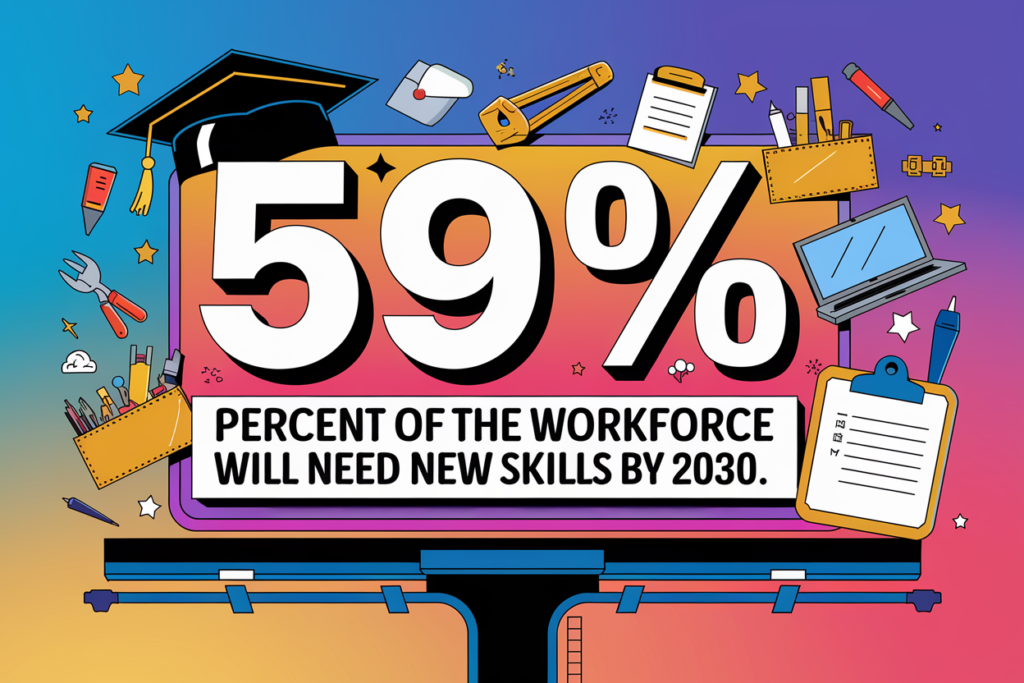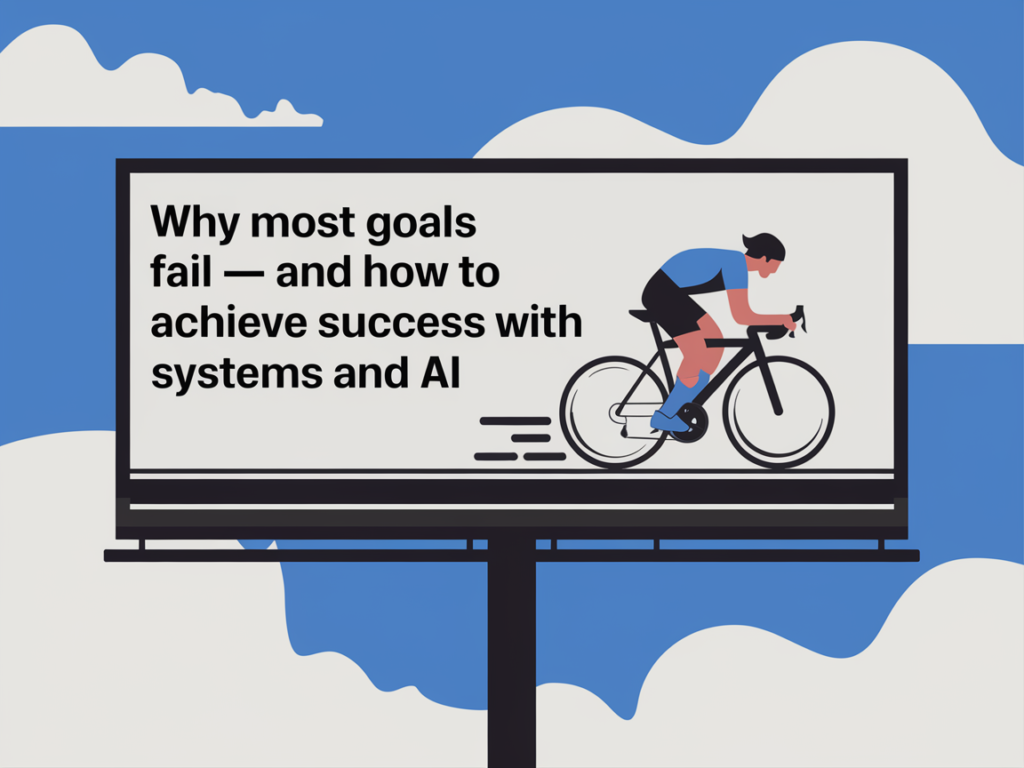So, what does ‘re-imaging communcation’ actually mean? And what role does it entail for managers – regardless of whether they are the CEO, a production manager, a communications manager or an HR manager? You will have seen in many places in this blog and on this website: We understand communication as a core task for EVERYONE. Considering the growing complexity in all businesses, we can no longer delegate communication to communication departments, because the entire organization consists of communication – even if business administration has repeatedly tried to preach something else to us here in the last decades.
Communication: often a support function
As a member of your organization, you may now be asking yourself: Do we then still need communications departments at all? This question would go hand in hand with a ‘container’ image of communication that we continue to see: In many organizations, communications is seen as a support function that provides services to leadership and delivers content to customers and employees, but is not seen as generically critical to success.
This picture is confirmed by the 2021 edition of the annual European Communications Monitor, an annual representative survey of more than 2,500 communications managers across Europe. It sheds light on five possible communication roles:
- Communicator – focuses on building and maintaining the company’s reputation.
- Coach – supports the management team with advice and provides content.
- Consultant – identifies opportunities and brings trends into the organization.
- Manager – focuses on the design of processes and structures and acting within them.
- Ambassador – puts communication strategies into practice, i.e. communicates internally and externally.
Raising the potential of communication
The limited idea of communication as a support function, which originates from the machine image of the organization, needs to evolve to an integral task for ALL leaders, accompanied by communicators inside who enable a development to the communicative organization. Seen this way, communication can enable the organization to develop positively in the world of transformation characterized by increasing volatility, uncertainty, complexity and ambiguity. How does such a new communication paradigm take shape, that puts a living organism into flow and unfolds its transformative power ongoingly?
We come to four principles characterizing this new understanding:
- Organization is communication: We no longer see communication as a business discipline or function in the organization, as marketing, purchasing and sales are. Rather, we recognize communication as the core process from which every organization emerges: We live the attitude that organizations are made up of communication – entirely in the sense of “CCO” (“Communication constitutes organization”), that is supported by latest academic research.
- All managers are communicators: The newly conceived communication goes beyond the justifying perspective of corporate communications as a corporate discipline and thus as a self-sufficient unit, which seems to be clearly separated from further organizational silos. Consequently, we see communication awareness as an essential success factor in thriving organizations – often described as Deliberately Developmental Organizations. These organizations make development a principle for all employees. It is not bought in selectively from the outside via talent recruiting, but made an integral part of daily work. We say: Personal development goes hand in hand with the development of communication, because development happens through communication. This applies to all members of the organization, regardless of rank or function. Development through development of the quality of communication needs to become a principle for everyone equally, so that the whole organization can draw on its potential and move forward.
- Communication happens in rooms: In the newly conceived understanding of communication, we are not just coaches who deliver, not just consultants who bring in external knowledge and trends, and not just strategy-executing machines in the sense of support functions: Communicators are facilitators who bring the organization back into conversation. With their attitude, their specific skills and competencies, and their communicative view of the organization and its stakeholders, they focus on resonance, and everything gets into the flow – an easy way of dealing with complexity. They bridge organizational silos and create communication spaces of high psychological safety, in which a new way of dealing with tensions becomes possible, so that authentic and empathic communication can increasingly develop. Leaders become guardians of purpose and enable the organization and its roles to take purposeful decisions. In doing so, they continuously form a value-based culture that increasingly empowers the entire organization in its added value.
- Thinking communication integrally: In re-imagining communication, we do not distinguish between individual and collective communication, but are aware of both levels, and we perceive emotions as well as data. The new understanding of communication is an integral one enabling all members of an organization to deal with their thinking and feeling, with their attitude, so that they enable leadership and communication competencies that work in a complex environment. With the conscious design of this communication economic and sustainable success becomes possible.
Further information?
You will find additional details on the paradigm shift in communication and many other aspects in our new book „Kommunikation neu gedacht“ (currently available in German – please reach out to us individually for an English summary).






